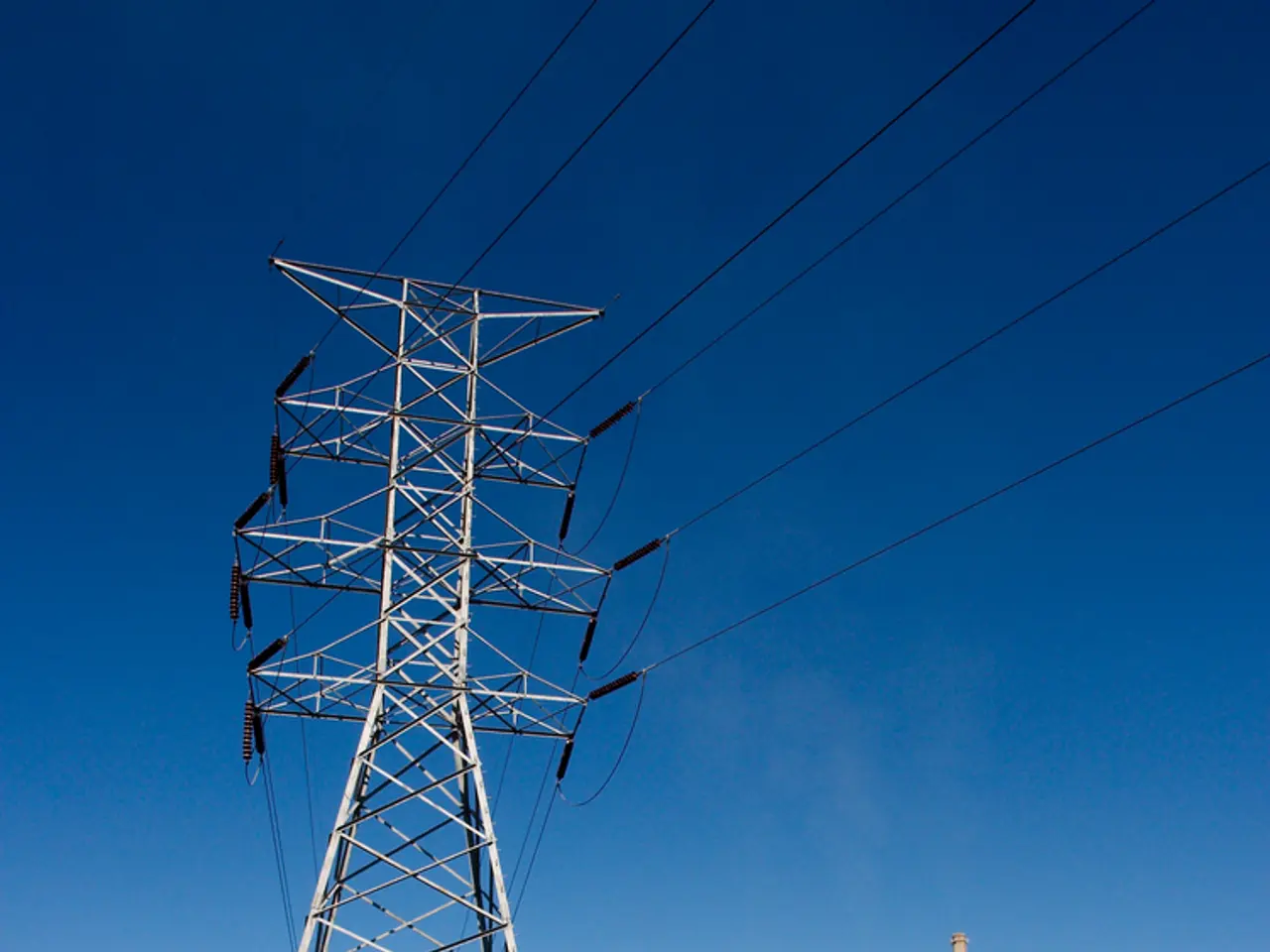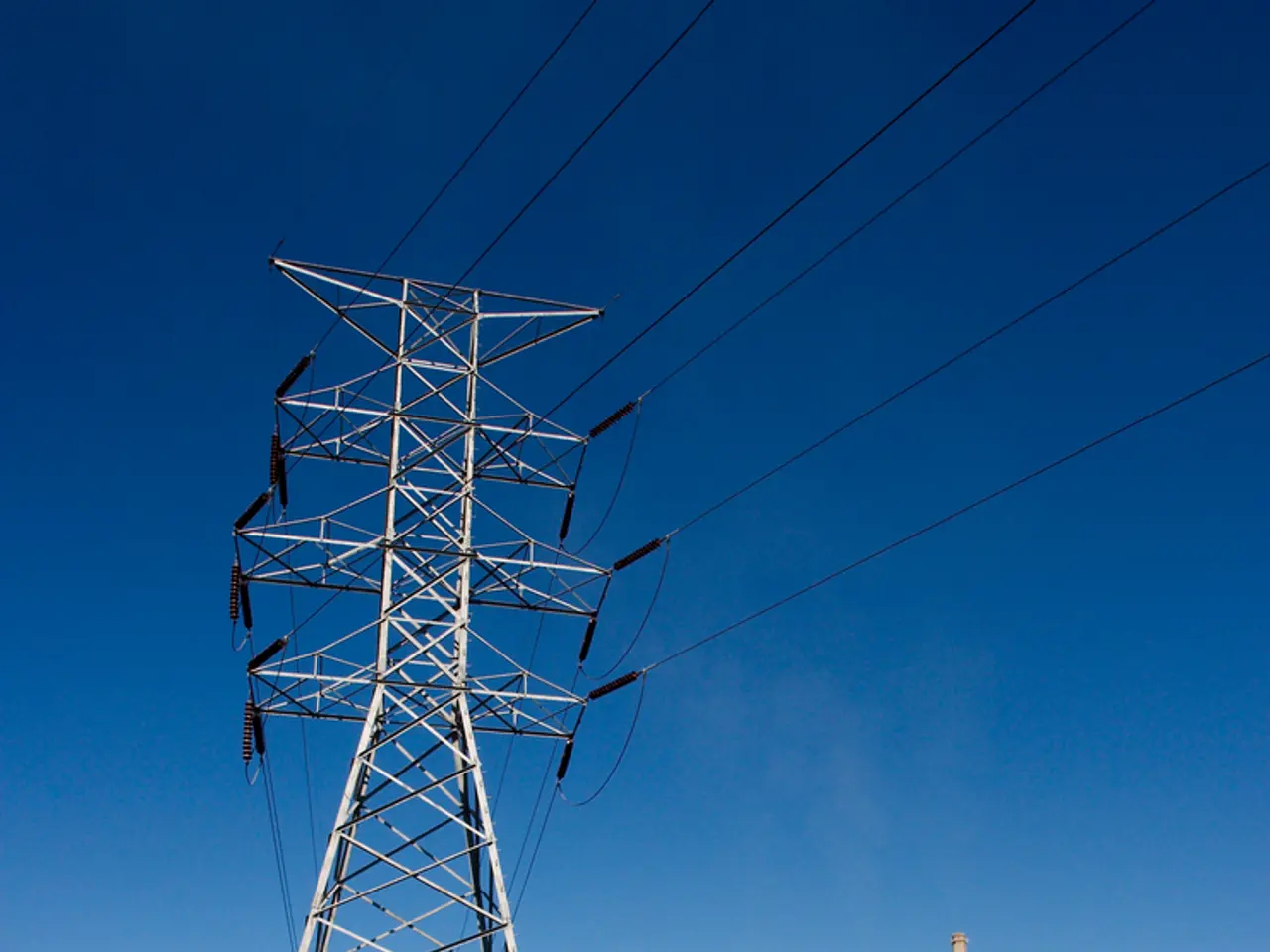Steep Electrical Bills: Why German Households Are Paying More Than Most
Germany ranks fifth globally for expensive electricity costs
Across the globe, German households are among the hardest hit when it comes to electricity bills. Compared to the average, they're digging deeper into their pockets. At a staggering 38 cents per kilowatt hour (kWh), Germany ranks fifth in electricity prices according to Verivox and Global Petrol Prices[1][2]. Even four years ago, Germany was number one. However, this high-price tag isn't exclusively German[2].
The U.S., for instance, can offer electricity for as low as 0.03 cents per kWh[1]. That's a discrepancy of over ten times the price. Germany's wage-adjusted ranking isn't as alarming, landing at 22nd out of 143 countries[1]. So, the story isn't entirely bleak. Nevertheless, the cost difference is significant, and there are principal factors driving it[1].
The reliance on imported fossil fuels, particularly natural gas, inflates costs as Germany doesn't produce enough domestically to rely upon[1]. Moreover, German energy bills are burdened by heavy taxes and levies[1]. The transition to renewables also contributes to the increased cost through investments in infrastructure and grid expansion, especially in northern regions[3].
However, the trend is shifting. The German government has committed to making electricity at least 5 cents cheaper per kWh by reducing taxes, decreasing levies, and capping network charges[1][2]. Proposals have suggested changing grid expansion strategies, such as using overhead cables instead of earth cables, potentially saving billions[1][2].
Regardless of policy changes, households can still save money by switching from expensive basic supply to cheaper tariffs. Tariffs as low as 26 cents per kWh are available[1]. But, these efforts are just the tip of the iceberg. The government and stakeholders are working on a comprehensive strategy to address the high energy costs while continuing to push for renewable energy[3].
Sources: ntv.de, lme
Key Points:
- German household electricity prices are among the highest in the world, but lower when adjusted for purchasing power[1].
- The high cost is mainly due to reliance on fossil fuel imports, taxes, levies, and costs of transitioning to renewables[1].
- The German government is focusing on reducing taxes, levies, and grid fees to alleviate consumer burdens[1].
- Switching to cheaper tariffs is one way households can reduce their energy bills[1].
[1] Verivox and Global Petrol Prices, "German households face steep electricity bills," ntv.de, 2025-04-22[2] "Germany's electricity prices groan," Der Spiegel, 2025-04-22[3] Bundesregierung, "Electricity prices in Germany – Status and future prospects," 2025-02-15
Community policy could be employed to address the high energy costs faced by German households by implementing measures such as reducing taxes, levies, and grid fees. Vocational training programs in the energy sector could also be important in the comprehensive strategy to lower costs and transition to renewable energy, potentially offering skills necessary for managing expenses in the industry and finance sectors.




